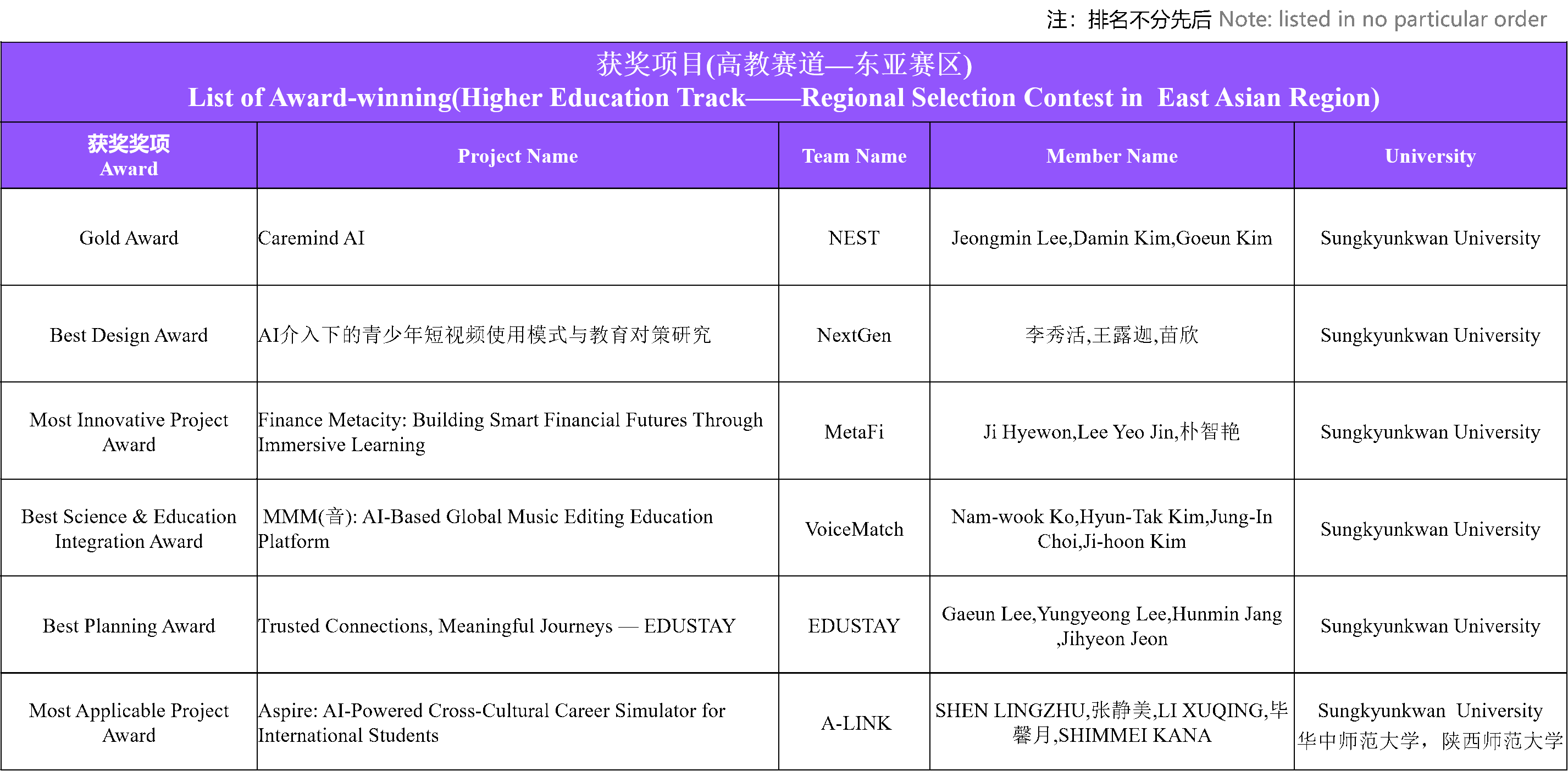[GCD4FE 2025] The Regional Selection Contest in the East Asia Region of the Higher Education Track Successfully Held at Sungkyunkwan University
date:2025-07-07 17:56author:adminsource:Smart Learning Instituteviews:
On June 24–25, 2025, The Regional Selection Contest in the East Asia Region of the Higher Education Track of the 8th Global Competition on Design for Future Education (GCD4FE) was successfully held at Sungkyunkwan University in South Korea. The event was jointly organized by Beijing Normal University (BNU) and the UNESCO Institute for Information Technologies in Education (UNESCON IITE), with Sungkyunkwan University (SKKU), the Smart Learning Institute of Beijing Normal University (BNUSLI), and the UNESCO Chair on Artificial Intelligence and Education serving as co-organizers. Additional support was provided by the BK21 Social Innovative Entrepreneurship Education based on Future Humanities in SKKU and Department of Social Entrepreneurship and Humanistic Future Studies in SKKU.
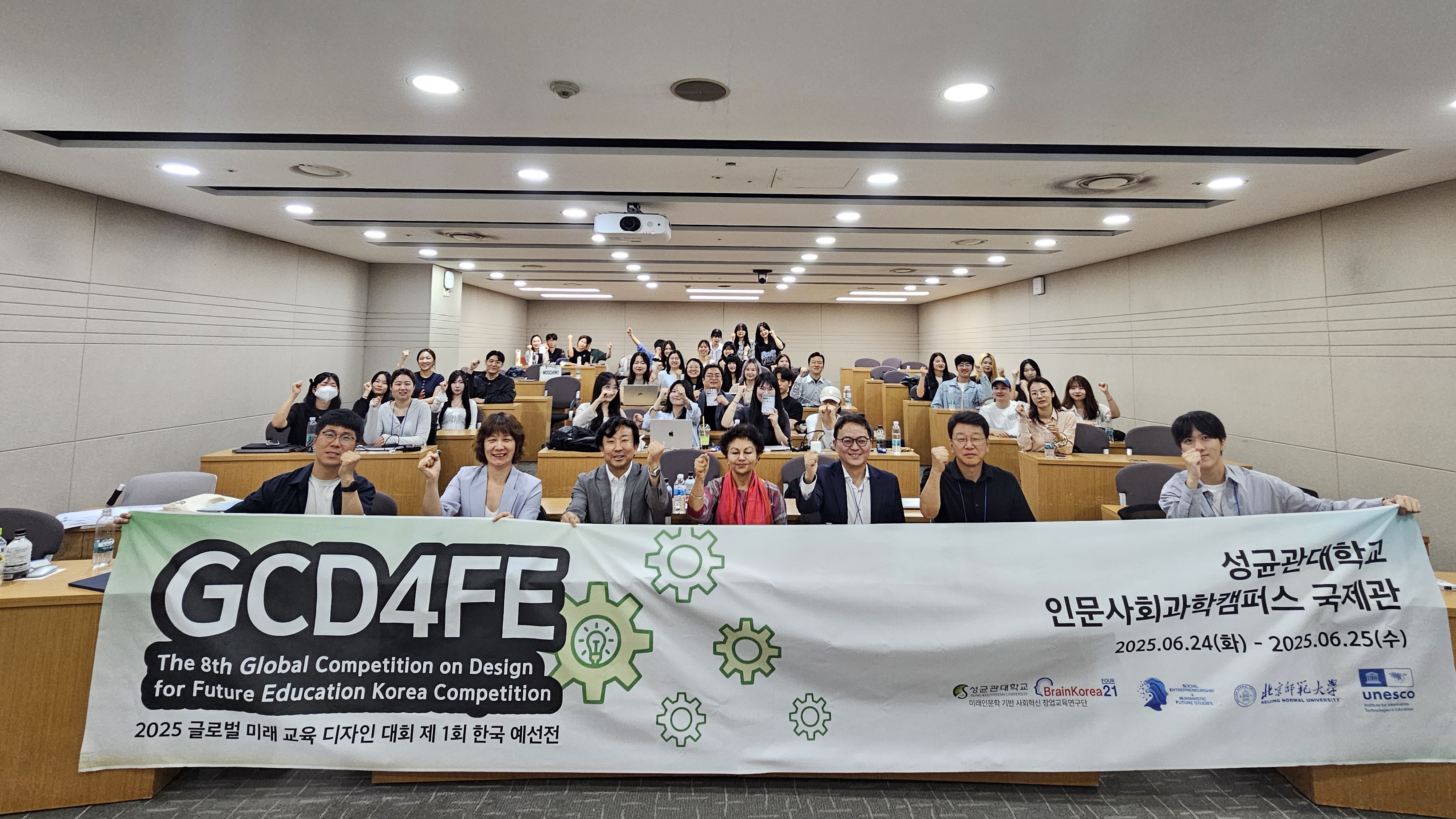
Since its launch, the East Asia Regional Contest has garnered widespread attention from universities faculty members and students worldwide. After intense contest in the first round, 14 outstanding teams advanced to the pre-finals with their exceptional educational design works and innovative ideas. These teams were from institutions such as Sungkyunkwan University, Baekseok University, Central China Normal University, and Shaanxi Normal University, with majors ranging from visual communication design, humanistic future studies and social entrepreneurship, psychology, English language technology, and computer education. Over the two-day's activity, the teams engaged in training sessions, topic report, and roadshow report under the guidance of mentors and had a hotly contest.
Experts were invited from education, design, and other fields, including Asha Singh Kanwar, Chair of the Governing Board of UNESCO IITE and Vice Dean of BNUSLI; Kuai Hongyan, Vice President of the Competition’s Steering Committee and Director of the Design and Learning Lab at SLIBNU; Professor Hong Kyung Zoon from the Department of Social Entrepreneurship and Humanistic Futures Studies at SKKU; Associate Professor Koo Jajoon in Visual Communication Design at SKKU; and Associate Professor Park Heui-Tae in Department of French Language and Literature. Additionally, the mentor team included Wang Huanhuan, Focal Contact of UNESCO Chair on Artificial Intelligence in Education and Assistant Researcher of Beijing Normal University; Wang Chaoyi, Lecturer at Zhejiang Normal University; and Zhang Yifan, Postdoctoral Fellow in Faculty of Education, Beijing Normal University and member of the UNESCO Chair on Artificial Intelligence and Education, who provided professional online guidance to the teams.
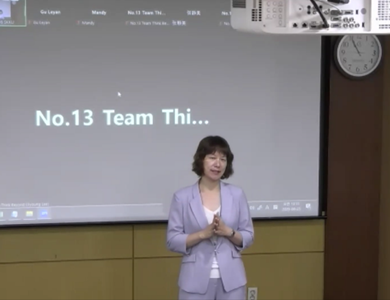
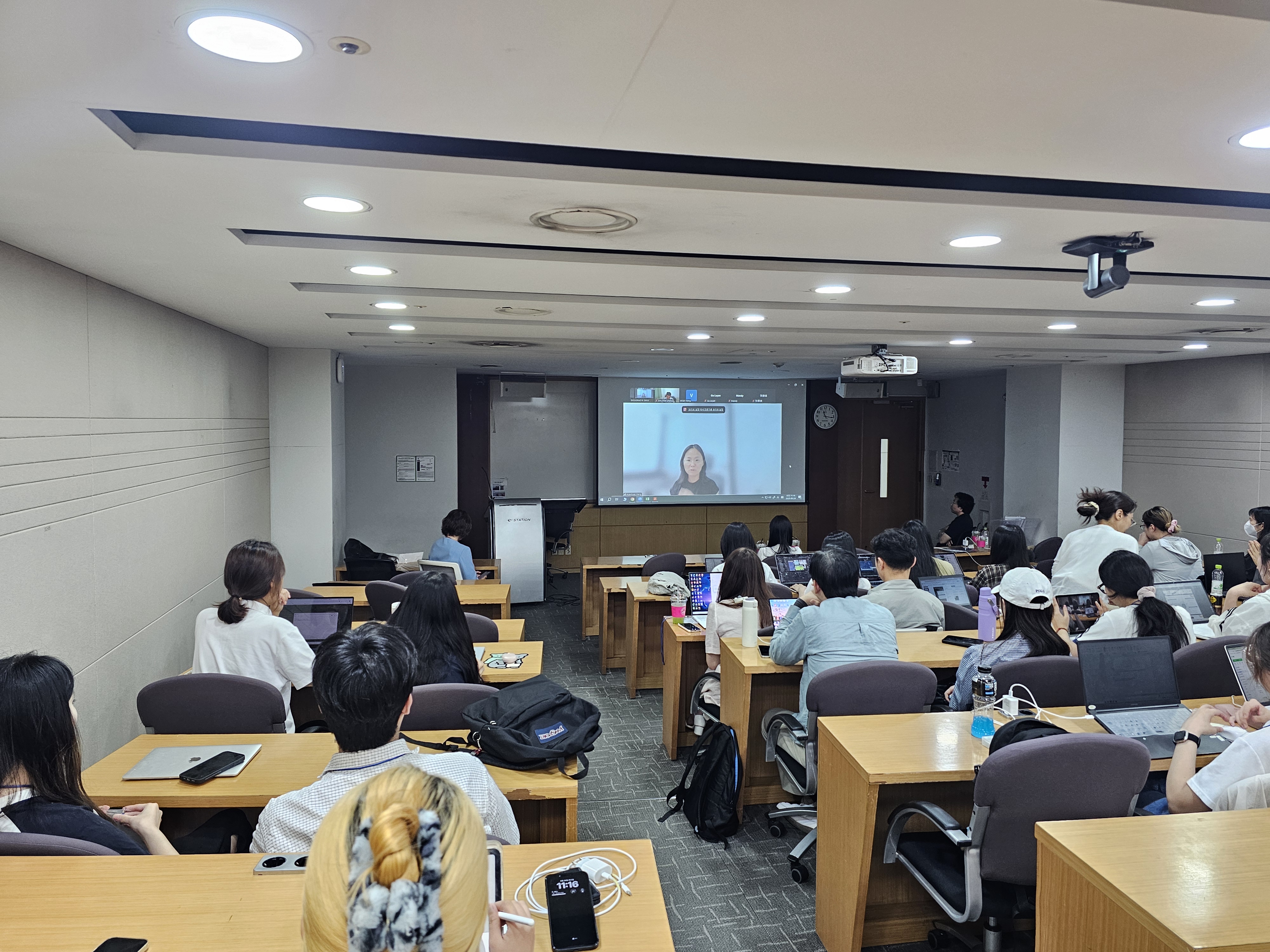
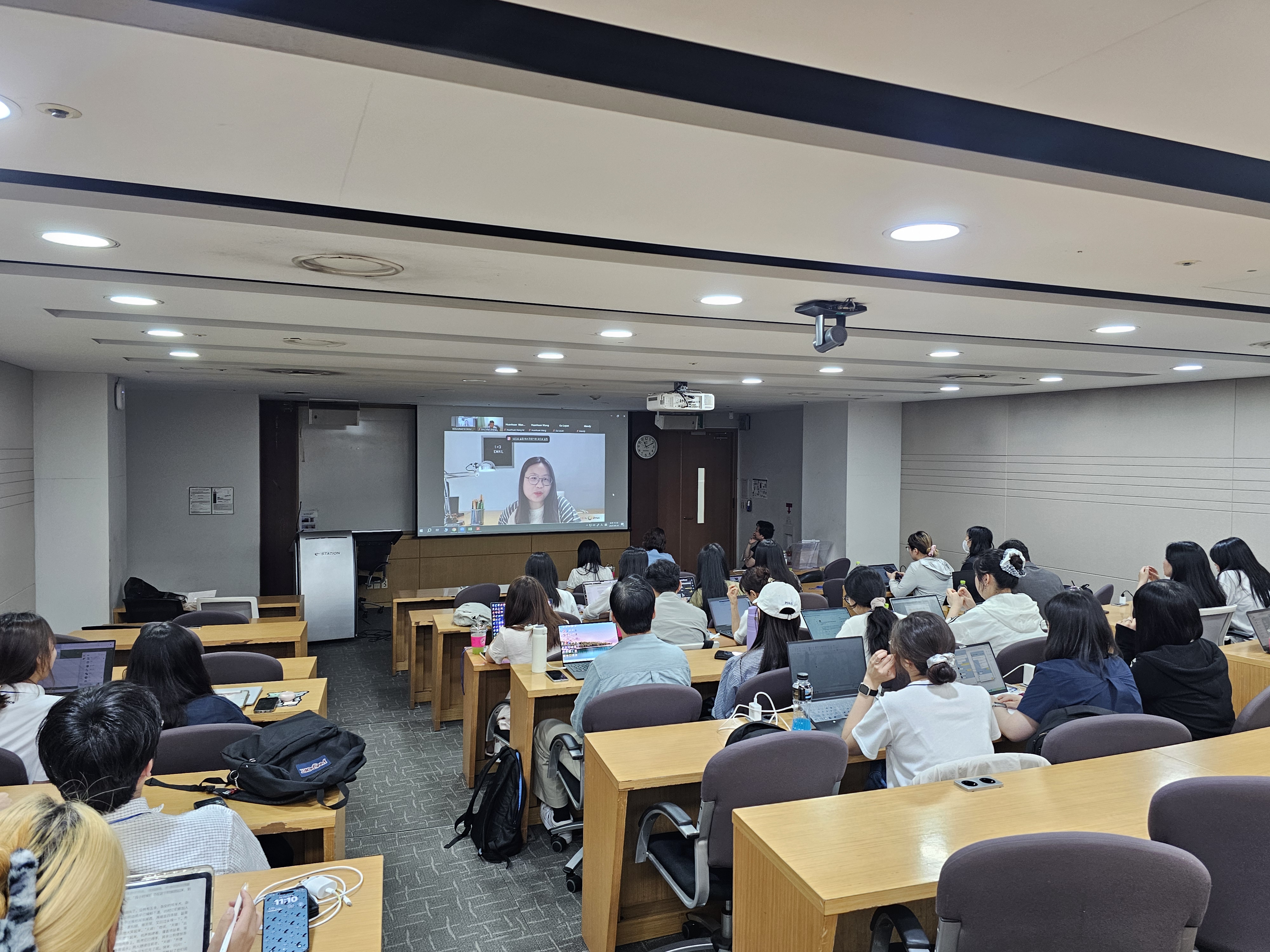
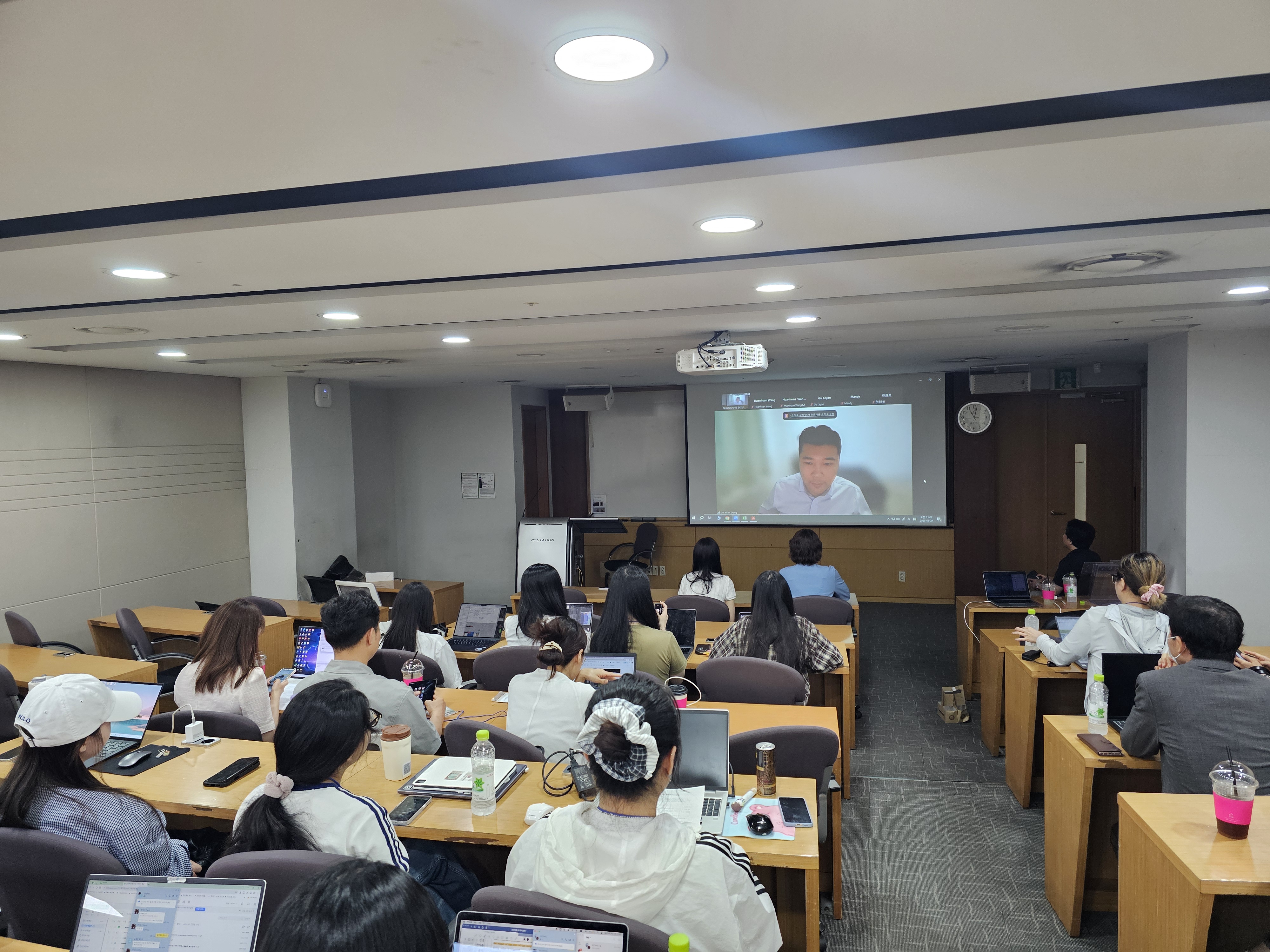
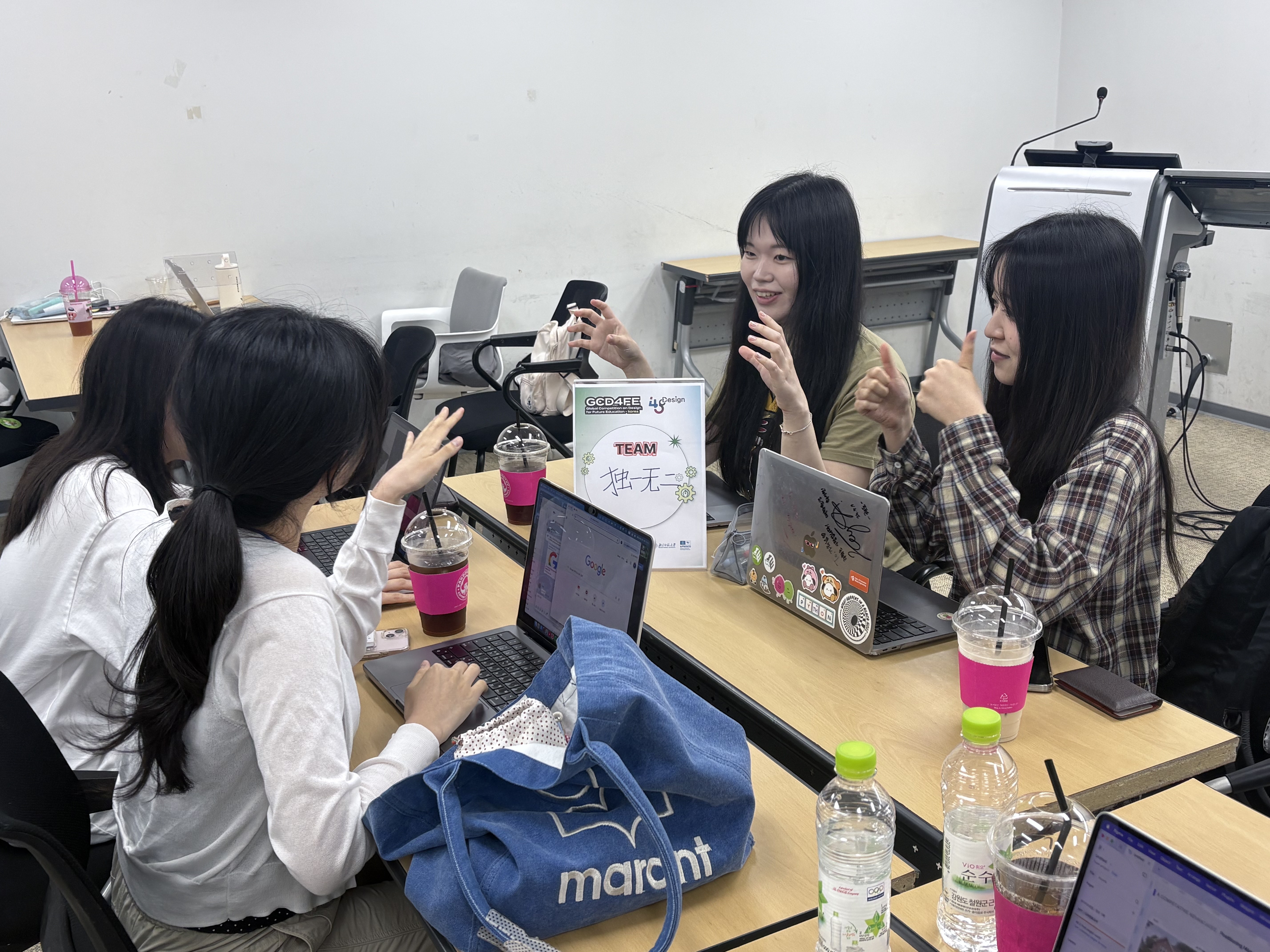
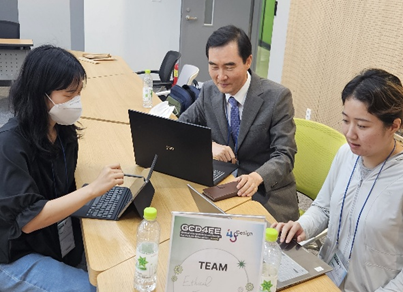
During the event, Ms. Kuai Hongyan, representing the competition’s organizing committee, highly praised the outstanding performances of the participating teams and expressed sincere appreciation for their innovative spirit and passion for education. She also thanked the expert judges for their dedicated mentorship and Sungkyunkwan University and other supporting organizations for providing a high-quality platform for the competition. Dr. Zhang Yifan conducted a training session on the innovative application of AIGC (AI-generated content) in the competition, explaining how to effectively use AI tools to enhance the content and presentation of projects. He encouraged participants to integrate innovative ideas and technological implementation more deeply, making better use of AIGC and not just using it as a tool. The 14 teams showcased their strengths in the topic report and roadshow sessions. Their projects addressed pain points in education, healthcare, cultural adaptation, and other social areas, leveraging innovative approaches like artificial intelligence and gamification to help diverse groups solve authentic problems. Examples included educational games to enhance student learning experiences, smart agriculture initiatives, interactive dialogues to foster critical thinking, digital learning platforms for the elderly, and cross-cultural career simulation games for international students. These works not only demonstrated the participants’ professional expertise, but also reflected their unique understanding and innovative exploration of future education.
Following the intense and organized training session and topic report on June 24, the exciting roadshow took place on June 25. The teams well prepared and used PowerPoint, video demonstrations, and other formats to present the complex project concepts and innovative solutions in an intuitive and accessible way, bringing creative and practical educational projects to life. After carefully listening to the roadshow report, the judges—Prof. Asha Singh Kanwar, Prof.Koo Jajoon, and Prof.Park Heui-Tae—provided professional feedback. They highly commended the problem-oriented nature of the projects, which accurately targeted pain points in educational practice. At the same time, they offered valuable suggestions and directions for improvement in terms of feasibility, technical implementation, social impact, and scalability. The judges also reminded participants to consider the needs of technologically underserved regions and disadvantaged groups while leveraging technology to empower education. They encouraged teams to design inclusive solutions to ensure learners without access to advanced technology could still receive effective educational support through non-technical or low-tech means, truly achieving universal and inclusive educational equity.
Following the intense and organized training session and topic report on June 24, the exciting roadshow took place on June 25. The teams well prepared and used PowerPoint, video demonstrations, and other formats to present the complex project concepts and innovative solutions in an intuitive and accessible way, bringing creative and practical educational projects to life. After carefully listening to the roadshow report, the judges—Prof. Asha Singh Kanwar, Prof.Koo Jajoon, and Prof.Park Heui-Tae—provided professional feedback. They highly commended the problem-oriented nature of the projects, which accurately targeted pain points in educational practice. At the same time, they offered valuable suggestions and directions for improvement in terms of feasibility, technical implementation, social impact, and scalability. The judges also reminded participants to consider the needs of technologically underserved regions and disadvantaged groups while leveraging technology to empower education. They encouraged teams to design inclusive solutions to ensure learners without access to advanced technology could still receive effective educational support through non-technical or low-tech means, truly achieving universal and inclusive educational equity.
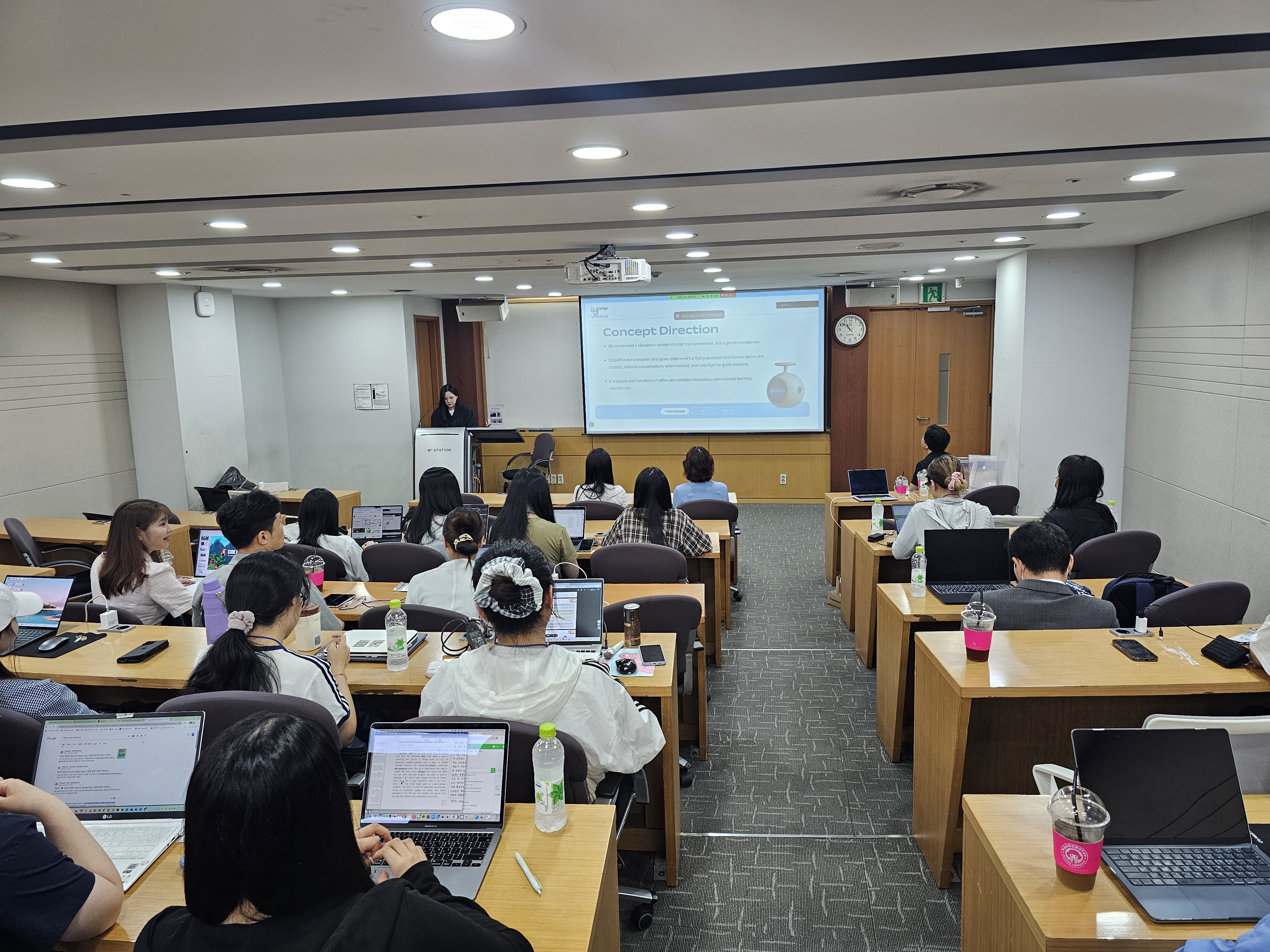
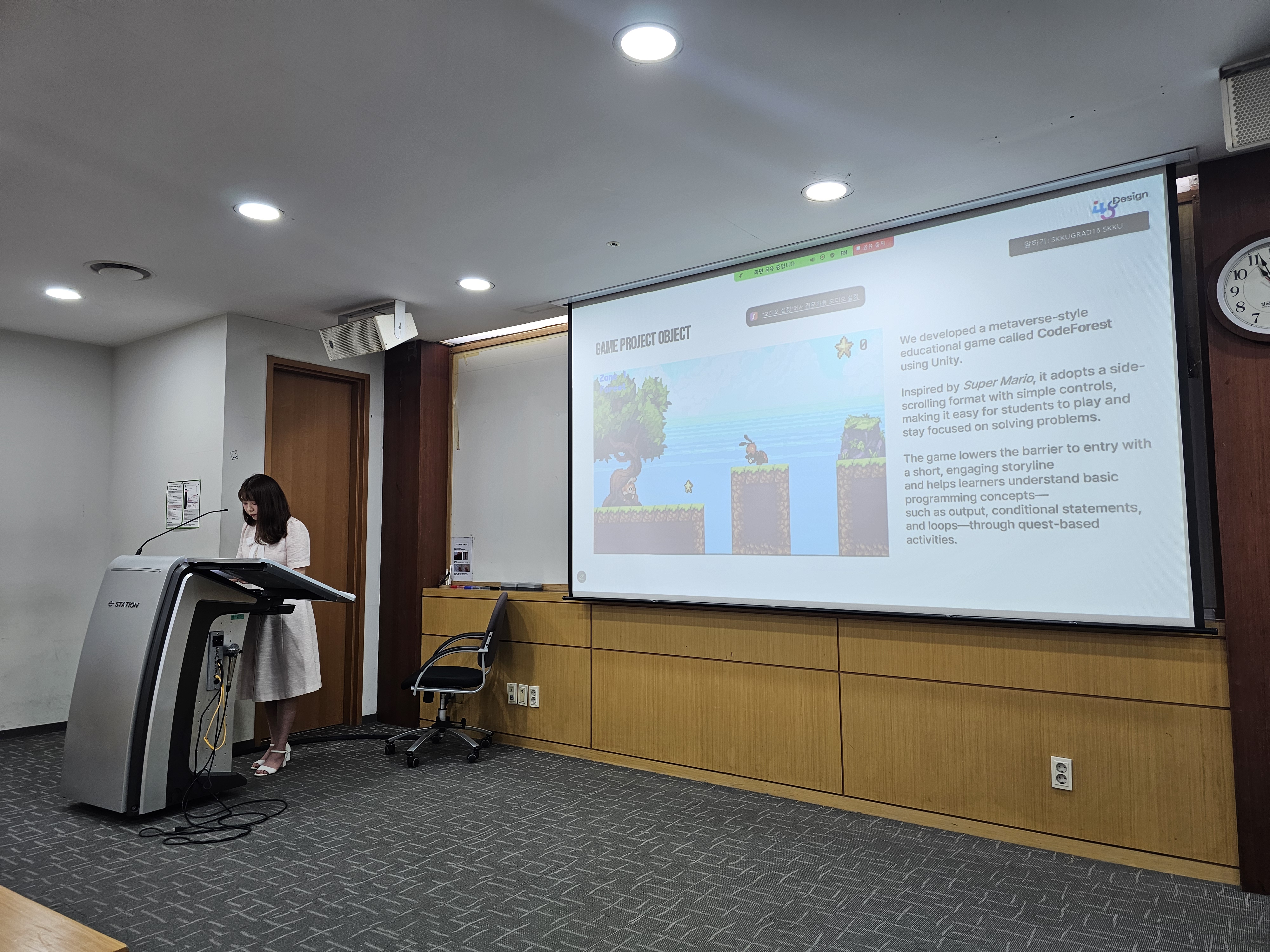
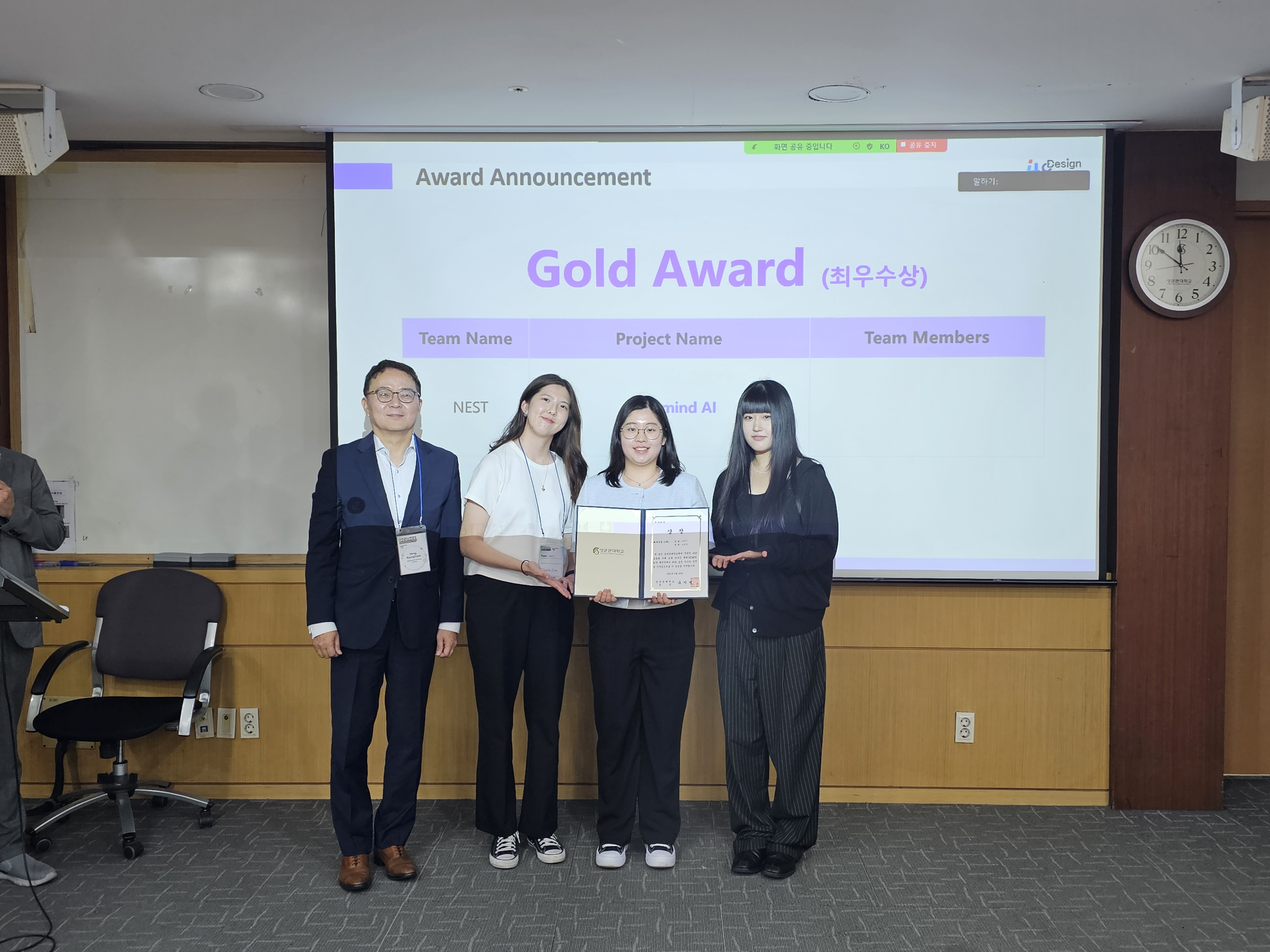
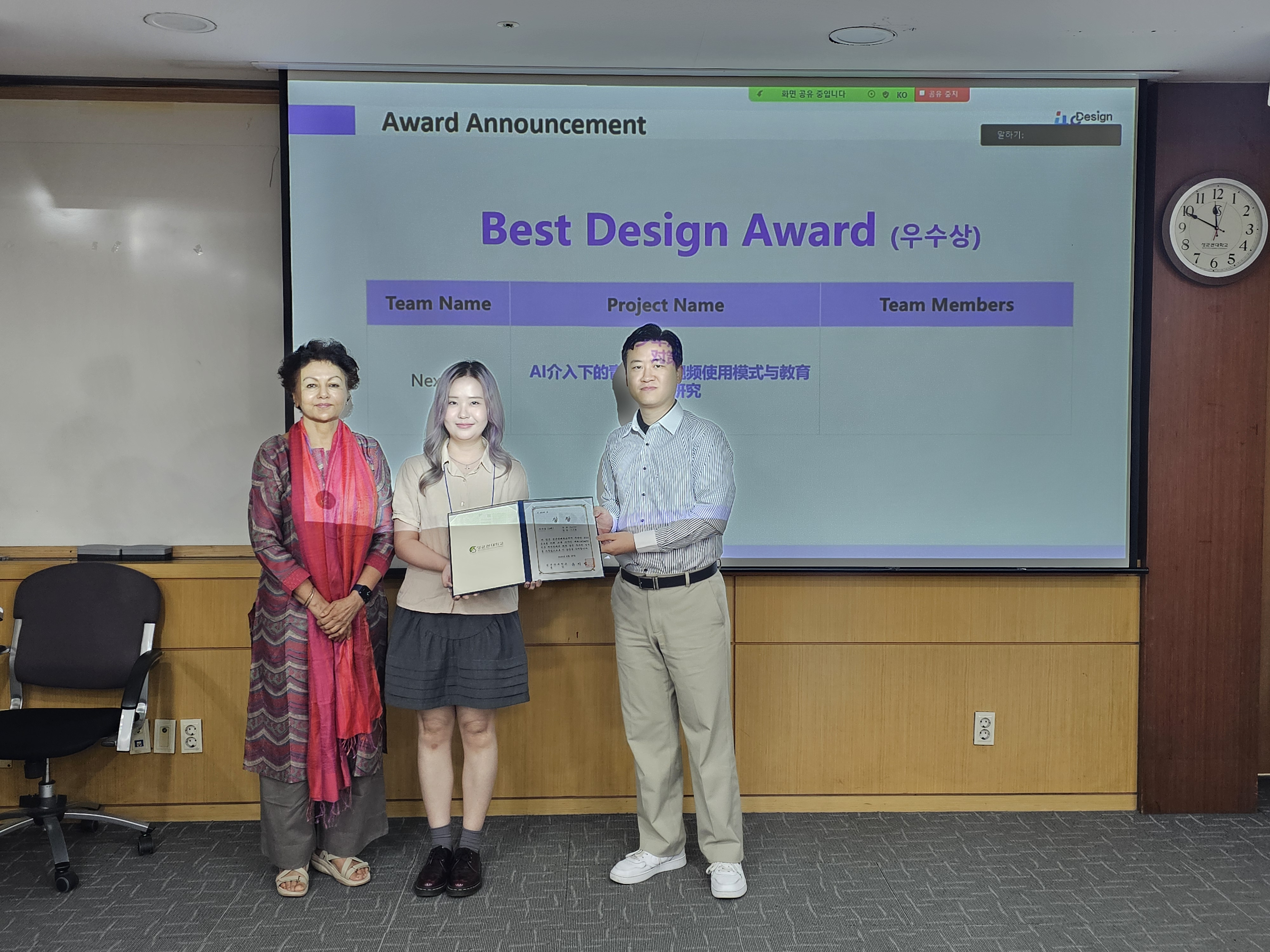
After a fierce competition, the Regional Selection Contest in the East Asia awarded the Gold Award, along with several other honors including the Best Design Award, Best Science & Education Integration Award, Most Applicable Project Award, Best Planning Award, and the Most Innovative Project Award.
